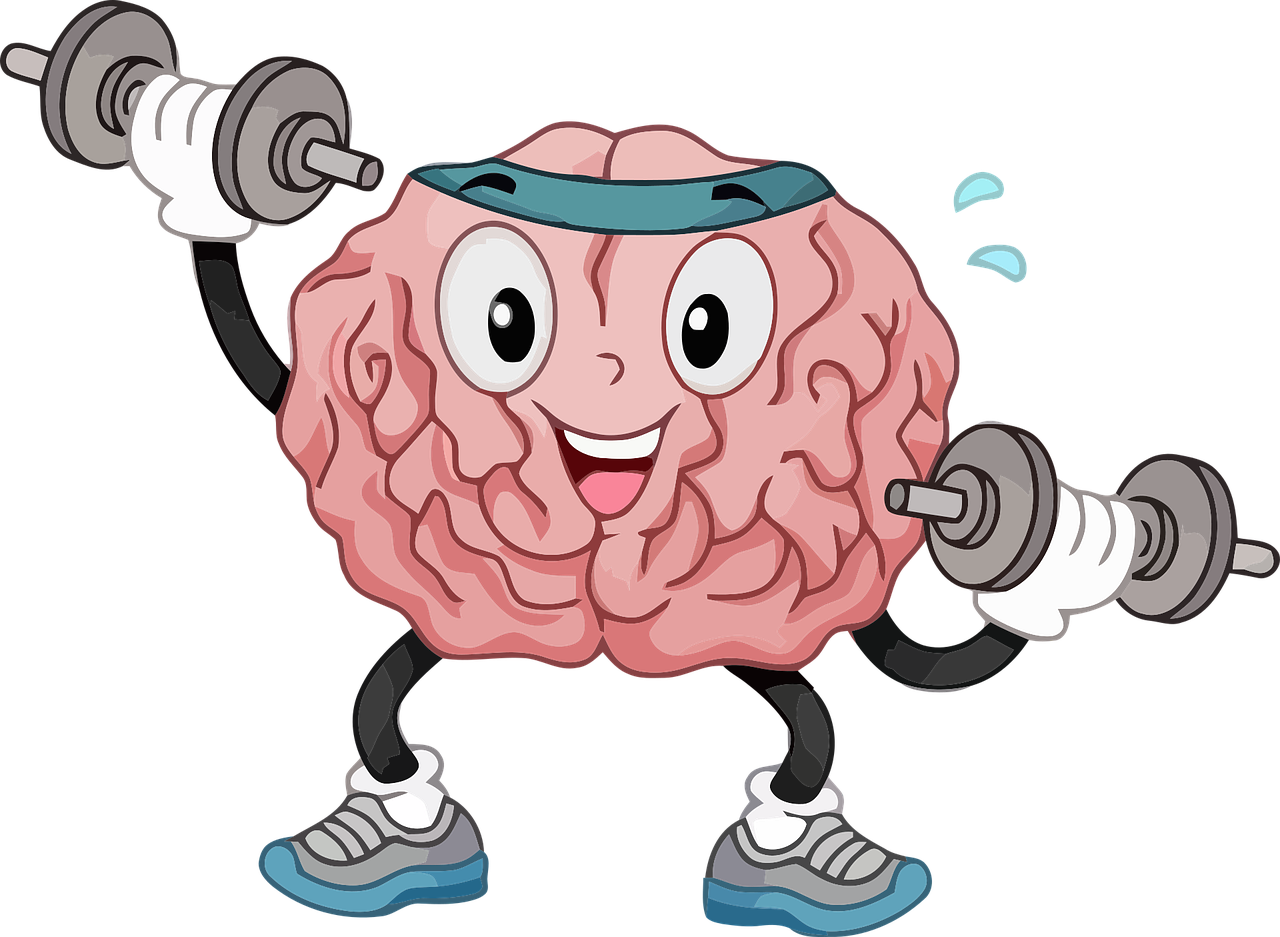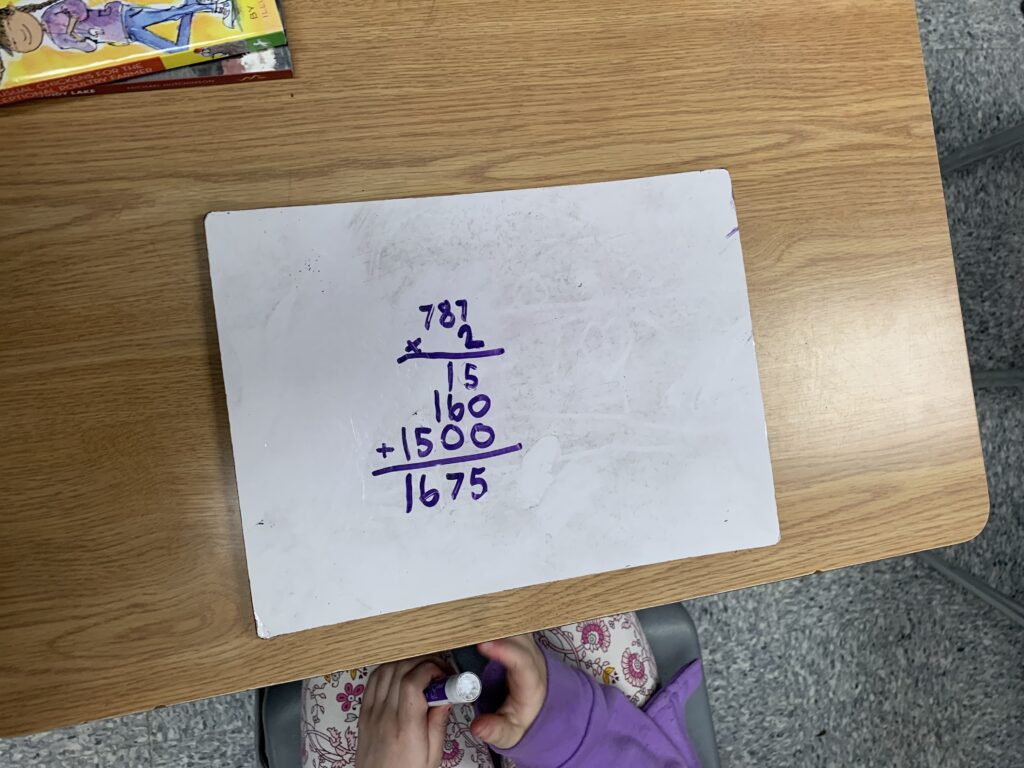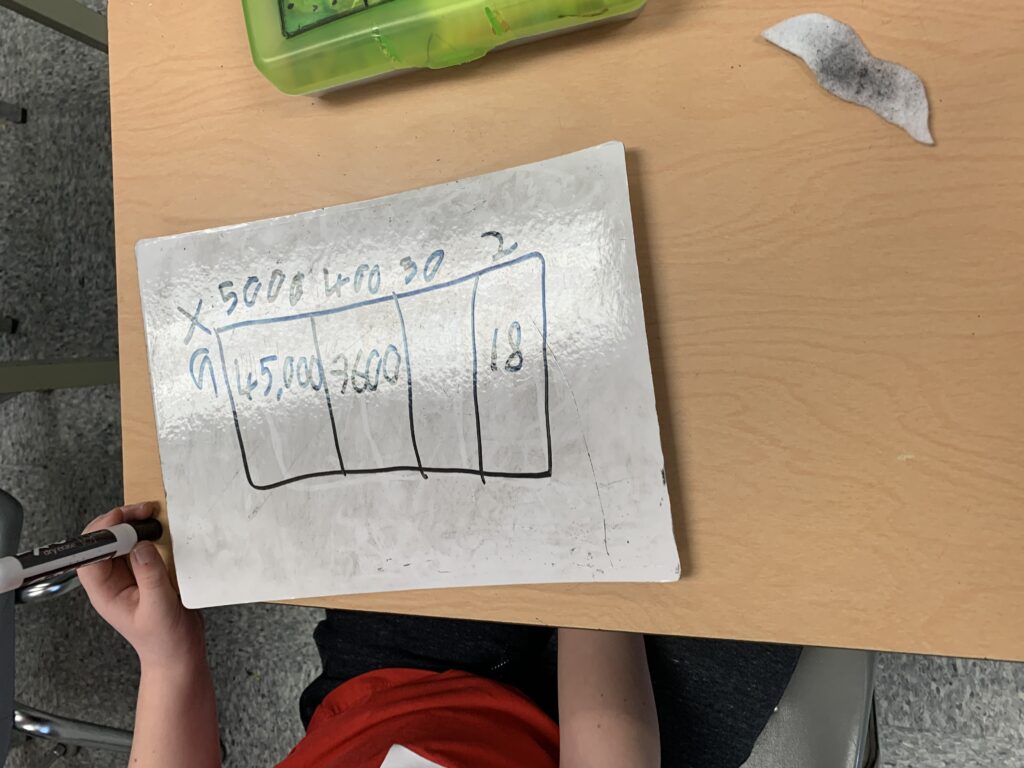Math routines have become one of my favourite ways to build number sense in my classroom. There are many math routines out there and I could not list them all in this post. Below I have outlined a few of my favourites.
My Favourite No
This has to be a favourite in my classroom and one we frequently do on white boards. As students solve the problem, I take photos of their boards and copy their work onto the board if they are “my favourite no”. We always start by highlighting what the person did well before finding where they made their miss step and correcting the error. Something I have noticed is that often the student’s whose work I am sharing is the one to spot the error and correct it. This routing normalizes making mistakes and growing from them, we post a mistake and celebrate all the thinking that went on around it.
Number Corner
We do this every day in my classroom and it frames wonderful math discussions. I use the grade 3 number corner package with my grade 4 class because it better fits our BC curriculum. In the video the discussion between the teacher and student sounds a lot like the discussions my class has around the calendar grid. While I have the whole program, I don’t use it all, in my class we always do the calendar grid and then I pick and choose between the other components. We often enjoy the calendar collector component especially when they get to collect objects, coins, or we fill pop bottles with water when collecting liters and milliliters.
https://www.mathlearningcenter.org/number-corner
Number Lines
Number lines are a common math routine. I like this one as a quick warm up on days we don’t have a lot of time. I post 5-6 numbers on the board and students order them and place them where they belong on the number line.
http://www.meaningfulmathmoments.com/clothesline-numberlines.html
Which One Doesn’t Belong
Another personal favourite that can be used for students at a variety of levels and there’s no “right” answer. Students must justify their reasoning for why their answer doesn’t belong. This can lead to some heated debates in my class as students defend their answers. I typically let the debates go and encourage my students to justify their thinking and probe each other’s answers and thinking. This is a great time to practice math language skills and discussing math but also general discussion and disagreement skills. The students do not have to agree, nor do I want them to, I want them to think. At the beginning of the year, we spend time learning to disagree appropriately, yes there are polite ways to disagree. My students are not allowed to tell someone their opinion is wrong, but they may ask for proof or for the other person to show how they got their answer. Disagreeing like this is a life skill that goes beyond math class or the classroom.
There are many others out there as well. I recommend the book High Yield Math Routines for several that I have tried and enjoyed with my classes.
https://www.nctm.org/Store/Products/High-Yield-Routines-for-Grades-K-8/
Others to look at:
- Number Talk Images http://ntimages.weebly.com/
- Splat https://stevewyborney.com/category/splat/
- Esti mysteries https://stevewyborney.com/category/esti-mysteries/
Estimation 180 https://estimation180.com/








